Europe's Azerbaijan Gas Deal: Soft on Human Rights?
Europe's Gas Gamble: Is Azerbaijan's Energy Worth the Human Cost?
**A shocking truth:** While Europe desperately seeks energy independence from Russia, its reliance on Azerbaijan's gas is silencing crucial criticism of its authoritarian regime. Is this a strategic necessity, or a dangerous moral compromise? Find out why even the European Union's own diplomats are conflicted.
 A Peace Activist's 15-Year Sentence: The Price of Silence
Imagine: a young PhD student, Bahruz Samadov, jailed for 15 years for high treason—a charge he vehemently denies. His crime? Criticizing Azerbaijan's President Ilham Aliyev. This isn't some isolated incident; it's part of a systematic crackdown on dissent. Samadov's friends are furious, but their anger isn't solely directed at Aliyev. They're pointing a finger at a surprising culprit: the European Union.
A Peace Activist's 15-Year Sentence: The Price of Silence
Imagine: a young PhD student, Bahruz Samadov, jailed for 15 years for high treason—a charge he vehemently denies. His crime? Criticizing Azerbaijan's President Ilham Aliyev. This isn't some isolated incident; it's part of a systematic crackdown on dissent. Samadov's friends are furious, but their anger isn't solely directed at Aliyev. They're pointing a finger at a surprising culprit: the European Union.
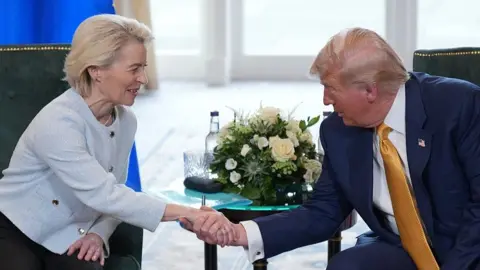 Why? Because the EU's desperate search for alternative energy sources to Russian gas has, critics argue, given Aliyev a free pass on human rights abuses. The implications are staggering.
The EU's Energy Dilemma: Gas vs. Values
Why? Because the EU's desperate search for alternative energy sources to Russian gas has, critics argue, given Aliyev a free pass on human rights abuses. The implications are staggering.
The EU's Energy Dilemma: Gas vs. Values
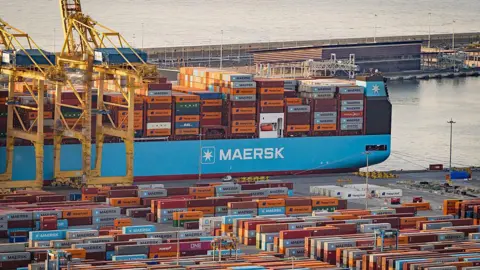 Following Russia's invasion of Ukraine, the EU declared Azerbaijan a "key partner"—a lifeline in its quest to ditch Russian gas. This pivot, however, has coincided with an alarming escalation of human rights violations in Azerbaijan.
* **The Karabakh Exodus:** Aliyev's retaking of the Karabakh region led to the forced displacement of its entire Armenian population.
* **A Rigged Election:** Aliyev secured a fifth term in an election widely condemned as fraudulent.
* **The Journalist Crackdown:** Dozens of journalists are languishing in Azerbaijani jails, their voices silenced by a regime increasingly intolerant of criticism. The EU's response? A deafening silence from top officials.
Following Russia's invasion of Ukraine, the EU declared Azerbaijan a "key partner"—a lifeline in its quest to ditch Russian gas. This pivot, however, has coincided with an alarming escalation of human rights violations in Azerbaijan.
* **The Karabakh Exodus:** Aliyev's retaking of the Karabakh region led to the forced displacement of its entire Armenian population.
* **A Rigged Election:** Aliyev secured a fifth term in an election widely condemned as fraudulent.
* **The Journalist Crackdown:** Dozens of journalists are languishing in Azerbaijani jails, their voices silenced by a regime increasingly intolerant of criticism. The EU's response? A deafening silence from top officials.
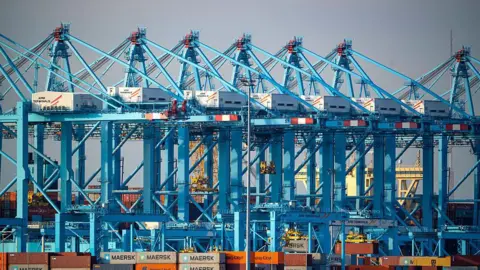 This silence, however, isn't shared by everyone. The European Parliament has repeatedly called for sanctions against Baku and an end to Azerbaijan's gas reliance. But powerful voices within the EU remain hesitant, caught in a web of geopolitical complexities.
A Risky Energy Partnership: The Numbers Tell a Story
This silence, however, isn't shared by everyone. The European Parliament has repeatedly called for sanctions against Baku and an end to Azerbaijan's gas reliance. But powerful voices within the EU remain hesitant, caught in a web of geopolitical complexities.
A Risky Energy Partnership: The Numbers Tell a Story
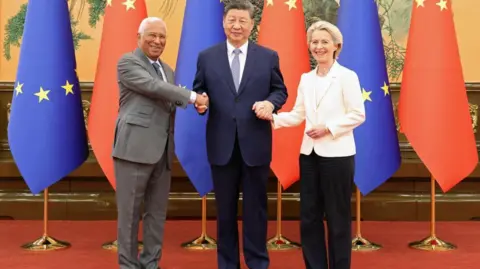 While Azerbaijan's overall contribution to EU gas imports is modest (4.3%), its significance is far greater for certain member states. Bulgaria relies on Azerbaijani gas for up to 40% of its supply; for Italy and Greece, the figure is 15%. This dependence creates a powerful incentive for some EU nations to downplay Azerbaijan's human rights record.
Will this energy dependency ultimately overshadow the EU's commitment to human rights? This question hangs heavy in the air.
While Azerbaijan's overall contribution to EU gas imports is modest (4.3%), its significance is far greater for certain member states. Bulgaria relies on Azerbaijani gas for up to 40% of its supply; for Italy and Greece, the figure is 15%. This dependence creates a powerful incentive for some EU nations to downplay Azerbaijan's human rights record.
Will this energy dependency ultimately overshadow the EU's commitment to human rights? This question hangs heavy in the air.
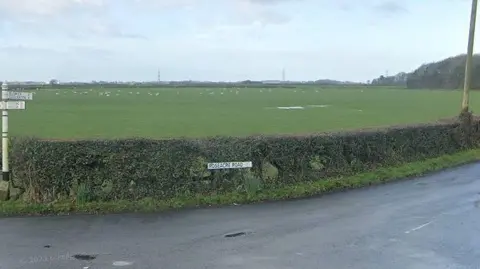 Beyond the Gas Lines: Azerbaijan's Complex Role
Aliyev, however, offers Europe more than just gas. His defiance of Russia, including humanitarian aid to Ukraine, gives him considerable geopolitical leverage. Yet, this doesn't excuse his domestic repressions. The question remains: Can the EU balance its energy needs with its commitment to human rights?
**A cliffhanger:** The EU's response to Samadov's imprisonment—or lack thereof—reveals the true cost of its energy gamble. The EU claims it has raised concerns, both publicly and privately, but the lack of tangible action speaks volumes. Samadov recently attempted suicide, highlighting the urgent need for action. What will the EU do next? Will the price of Azerbaijan's energy ultimately be measured in lives?
Beyond the Gas Lines: Azerbaijan's Complex Role
Aliyev, however, offers Europe more than just gas. His defiance of Russia, including humanitarian aid to Ukraine, gives him considerable geopolitical leverage. Yet, this doesn't excuse his domestic repressions. The question remains: Can the EU balance its energy needs with its commitment to human rights?
**A cliffhanger:** The EU's response to Samadov's imprisonment—or lack thereof—reveals the true cost of its energy gamble. The EU claims it has raised concerns, both publicly and privately, but the lack of tangible action speaks volumes. Samadov recently attempted suicide, highlighting the urgent need for action. What will the EU do next? Will the price of Azerbaijan's energy ultimately be measured in lives?

Image 1

Image 2

Image 3

Image 4

Image 5

Image 6
Comments
Post a Comment